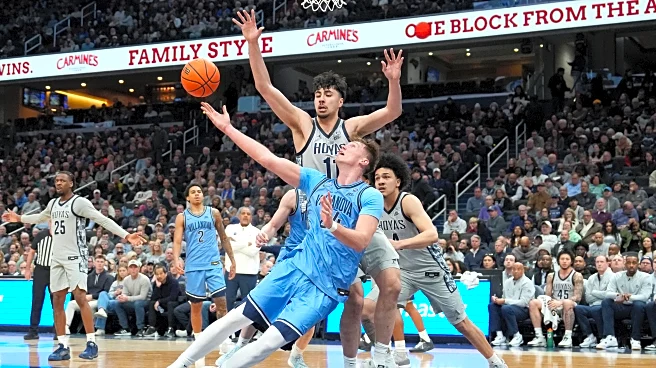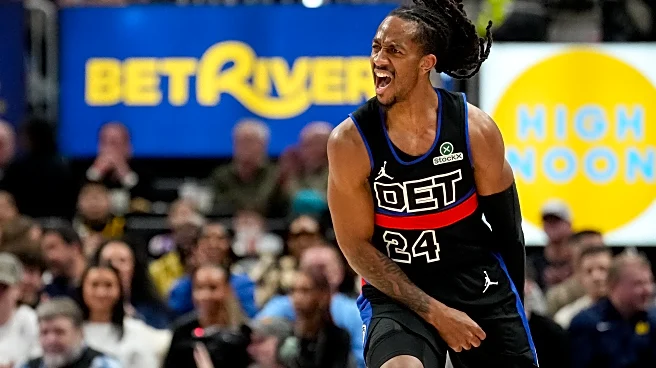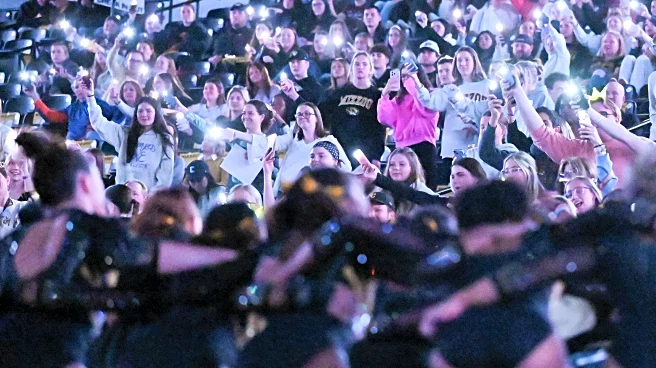Rapid Read • 9 min read
Authors Michael Lewis and Richard Reeves have shared their perspectives on the travel sports culture in the United States, highlighting its impact on families and children. Lewis, known for his influential books on sports and society, and Reeves, who experienced the British youth sports system, have both critiqued the intense focus on travel sports. Lewis describes the culture as an 'industrial complex' where parents invest heavily in their children's sports careers, often leading to anxiety and frustration. Reeves, who moved his family from the UK to the US, was shocked by the competitive nature and material focus of American youth sports. Both authors have raised concerns about the pressure on children and the financial burden on parents, suggesting that the system prioritizes competition over enjoyment and development.
AD
The critique by Lewis and Reeves highlights significant issues within the U.S. youth sports system, which has become a $40 billion industry. Their observations suggest that the intense focus on travel sports can lead to negative experiences for both children and parents, including financial strain and emotional stress. This discussion is crucial as it raises questions about the values and priorities in youth sports, potentially influencing public policy and societal attitudes towards sports participation. The emphasis on competition and scholarships may overshadow the benefits of sports as a means of personal development and enjoyment, affecting the future of youth sports programs and their accessibility.
The insights provided by Lewis and Reeves may prompt further examination of the travel sports culture in the U.S. Stakeholders, including parents, coaches, and policymakers, might consider reforms to make youth sports more inclusive and focused on personal growth rather than competition. Discussions could lead to initiatives aimed at reducing costs and pressure associated with travel sports, ensuring that sports remain accessible and enjoyable for all children. Additionally, there may be increased advocacy for community-based sports programs that emphasize participation and skill development over competitive success.
The critique of travel sports by Lewis and Reeves also touches on broader cultural and ethical dimensions. It raises questions about the role of sports in shaping children's values and the potential for sports to teach important life skills beyond athletic prowess. The discussion may lead to a reevaluation of how sports are integrated into education and community life, encouraging a shift towards more balanced and holistic approaches to youth sports. This could foster a culture where sports are seen as a tool for building character and community, rather than merely a pathway to scholarships and professional careers.
AD
More Stories You Might Enjoy













